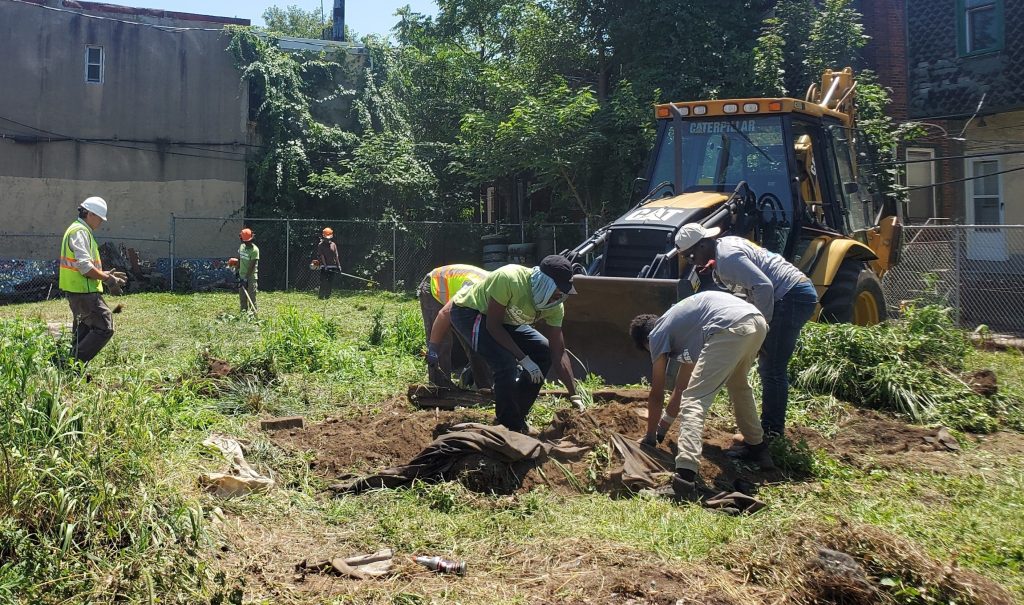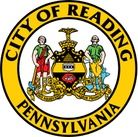Pennsylvania has a strong commitment to urban agriculture and community gardening, and some groups in the state are working to get more colorful native plants into local gardens.
Victoria Miles-Chambliss, secretary/treasurer of Empowered Community Development Corporation, said one way they are addressing food insecurity is by planting produce at the Cecil Street Community Garden in a Philadelphia neighborhood. Attracting critical pollinators is one of the goals, in addition to boosting a garden’s output.
“We’re in the process of putting in fruit trees, like a pear tree,” Miles-Chambliss pointed out. “We’re putting in a peach tree. We’re planting strawberries. We’re going to be planting a lot of different native plants so that, of course, we can have the pollination situation going.”
Miles-Chambliss pointed out the community-friendly pollinator garden is helping to solve blight in the community as well. She added it is accessible, and provides a safe place for neighbors to come together for community meetings and learn more about what the garden offers.
She emphasized it is important to bring together young people and seniors, so they can learn from each other and work on maintaining the garden.
“With so much that’s going on, we want the young people to have somebody that they can go to, and talk to,” Miles-Chambliss stressed. “And in that community garden, it would make it so much easier.”
Lamar Gore, refuge manager of the John Heinz National Wildlife Refuge at Tinicum, is working with the Cecil Street Garden through its urban program, which provides resources to help maintain the garden and build relationships with the community.
He said they want to make sure the concerns of Black and Brown residents are being heard.
“It’s an environmental justice community,” Gore explained. “And the plan here at Heinz is to serve environmental justice communities, Black and Brown communities, that have been ignored and left out of the conversation. I want this wildlife refuge to be a part of the community.”
Gore confirmed they are helping increase healthy food access by planting more fruit, vegetables and native plants for pollinators. He noted the development of the green space has educational benefits, as they teach environmental education at elementary schools, and create jobs, by hiring local high school students to work in the garden.




